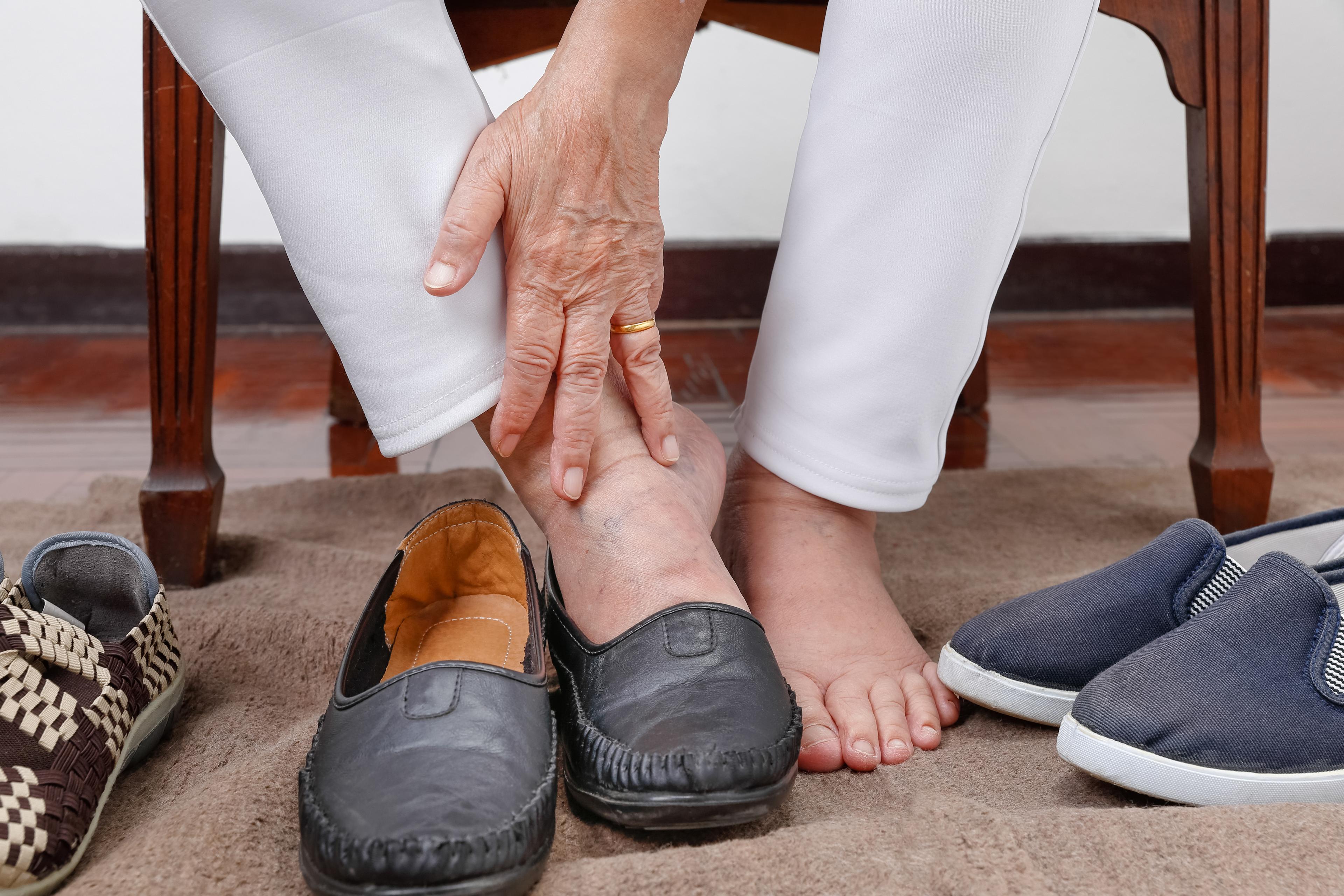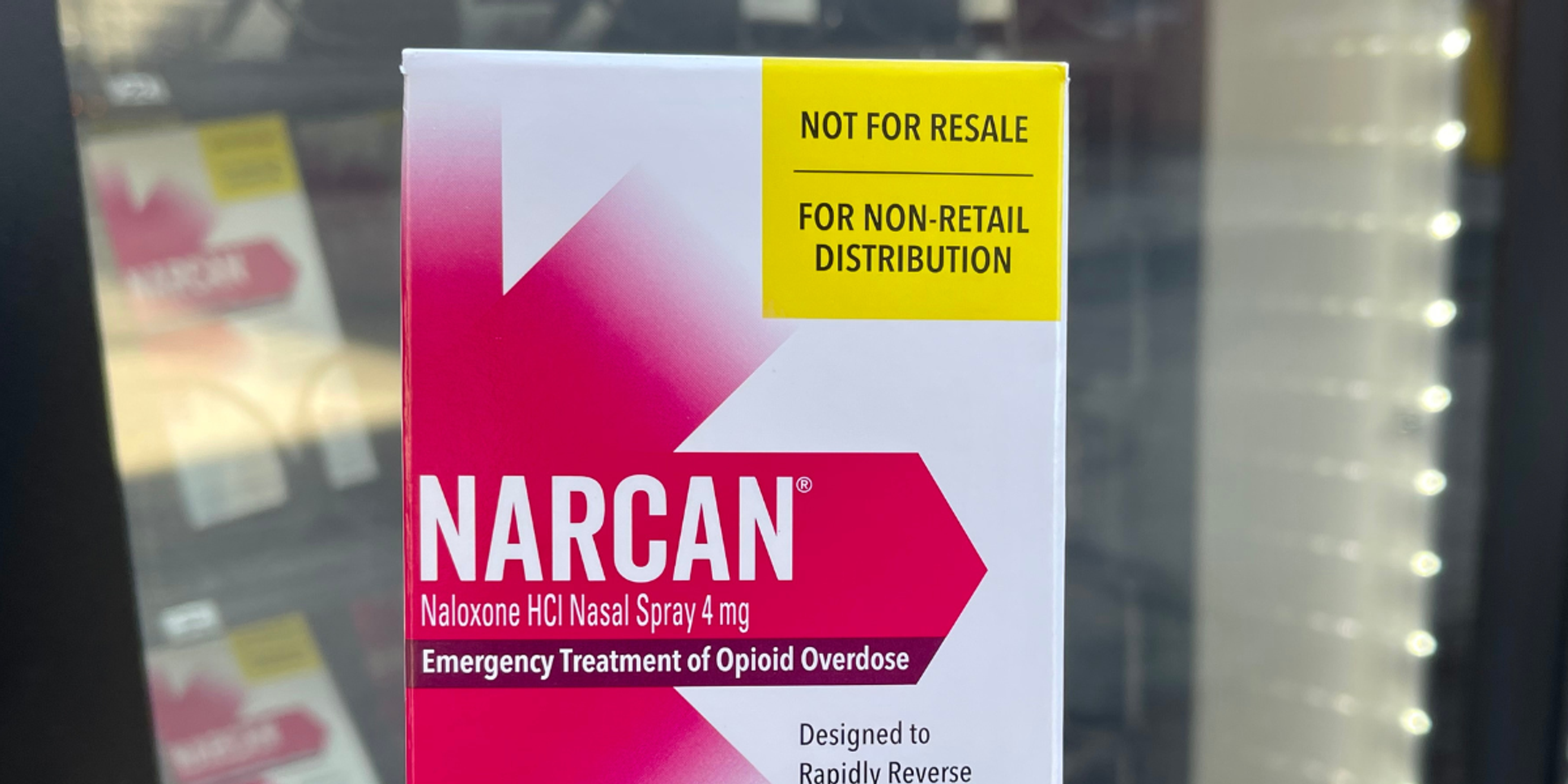
Do you feel pressure or a nagging ache in your stomach or groin? If so, you may have a hernia. A hernia occurs when an internal organ or other part of the body protrudes through a tear in the muscle wall of the abdomen or groin. Hernias can range in size, severity, and location and are common in both men and women. Since there are various types of hernias, associated symptoms can vary. With some types, you may not feel symptoms at all. Others may worsen and require immediate medical attention or surgery. There are five different types of hernias:
- Inguinal (inner groin)
- Femoral (outer groin)
- Hiatal (abdominal)
- Incisional (resulting from a surgical incision)
- Umbilical (bellybutton)
Less common hernia types include epigastric hernias, giant abdominal wall hernias and spigelian hernias.
What are the signs and symptoms of hernias?
Hernias in the groin – specifically, the inner groin – are very common. People often get them after lifting or attempting to lift heavy objects. Inguinal hernias happen when contents of the abdomen bulge through a weak area in the lower abdominal wall. Symptoms of an inguinal hernia may include:
- A bulge in the groin or in a male’s scrotum
- Feelings of discomfort, pain, heaviness, or a burning sensation in the groin
These symptoms can worsen when you cough, strain, or stand for a long time. Lying down may mitigate the pain. Femoral hernias are sometimes mistaken for inguinal hernias. They are much more prevalent in women than in men. The hernia lump may appear around the crease of the groin or in the upper thigh area with femoral hernias. The danger with these types of hernias is that you may not feel symptoms until it becomes an emergency. Hiatal hernias are the most common types of abdominal hernias, usually developing below the ribcage. These types of hernias tend to develop in adults aged 50 and older. They also the most common hernia type among pregnant women. When the upper portion of your stomach pushes through your diaphragm and into your chest area, you may feel the following symptoms stemming from hiatal hernias:
- Acid reflux
- Chest, abdominal or epigastric pain
- Difficulty swallowing
- Heartburn
Incisional hernias occur in people who have had a past abdominal surgery. It’s possible the incision did not properly heal, which makes a person more vulnerable to this type of hernia. Many incisional hernias are asymptomatic and should be managed on a case-by-case basis. Risk factors for incisional hernias include:
- Advanced age
- Having a midline incision during surgery
- Having a post-operative wound infection
- Obesity
- Smoking
- Undergoing emergency surgery
Umbilical hernias don’t tend to be particularly painful. They are especially common in newborns and infants younger than 6 months old, but they can occur in adults and older kids, too. An umbilical hernia happens when intestines bulge through the abdominal wall inside the bellybutton. The main sign of an umbilical hernia is a visible bump under the skin by the belly button. This type of hernia can fluctuate in size. They typically grow when pressure is created in the abdomen by standing up, coughing, or straining. They can get smaller while lying down.
How do I know if I need hernia surgery?
Most hernias do not go away on their own. But some – particularly incisional and umbilical hernias – can be managed by yourself and your primary care provider. Larger hernias that cause consistent symptoms may require surgery. Hernias can be dangerous and potentially life-threatening when they become incarcerated or strangulated. Incarcerated hernias occur when protruding tissue becomes trapped in the abdominal wall and cannot be pushed back into place, causing constant discomfort and pressure. A strangulated hernia is a medical emergency that happens when blood supply to the herniated tissue is cut off. When this occurs, it is critical that these strangulated organs or intestines are removed quickly, or you can get very sick. Inguinal hernias are a type of hernia that can sometimes become incarcerated or strangulated. Call your doctor or seek medical attention immediately if you experience these symptoms, which indicate a severe hernia:
- Constipation
- Fever
- Nausea and/or vomiting
- Suddenly worsening or rapidly increasing pain
- The hernia looks swollen or hard
- The skin around the hernia is dark, red or purple
Photo credit: Getty Images Continue reading:





